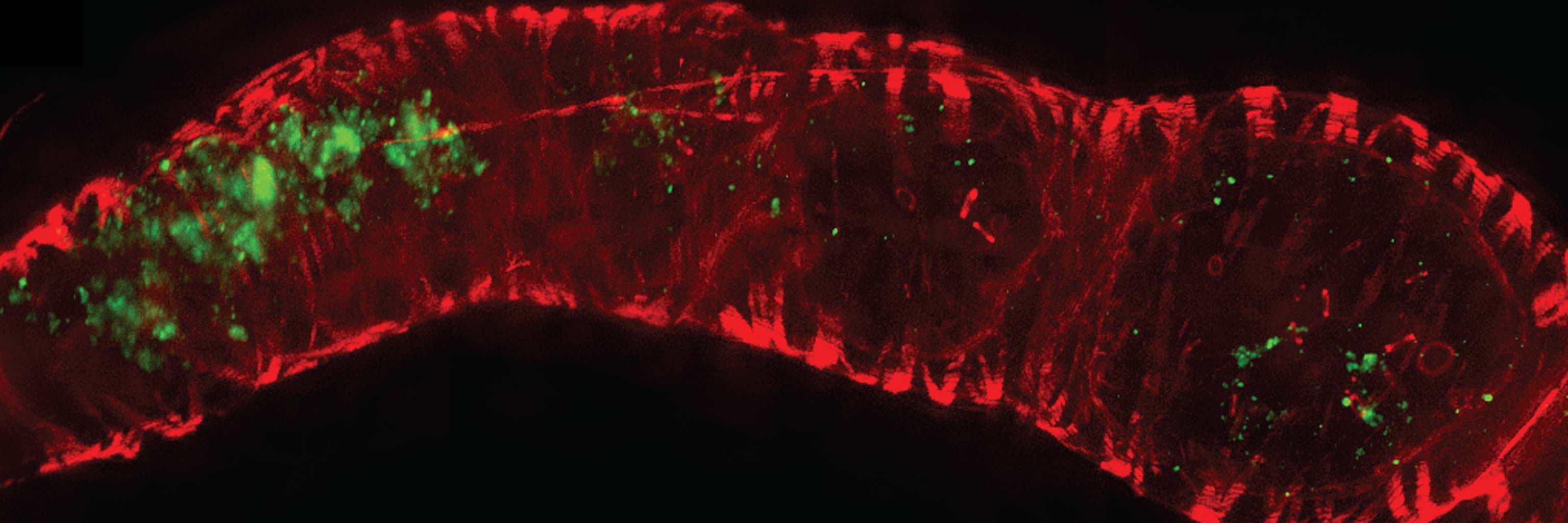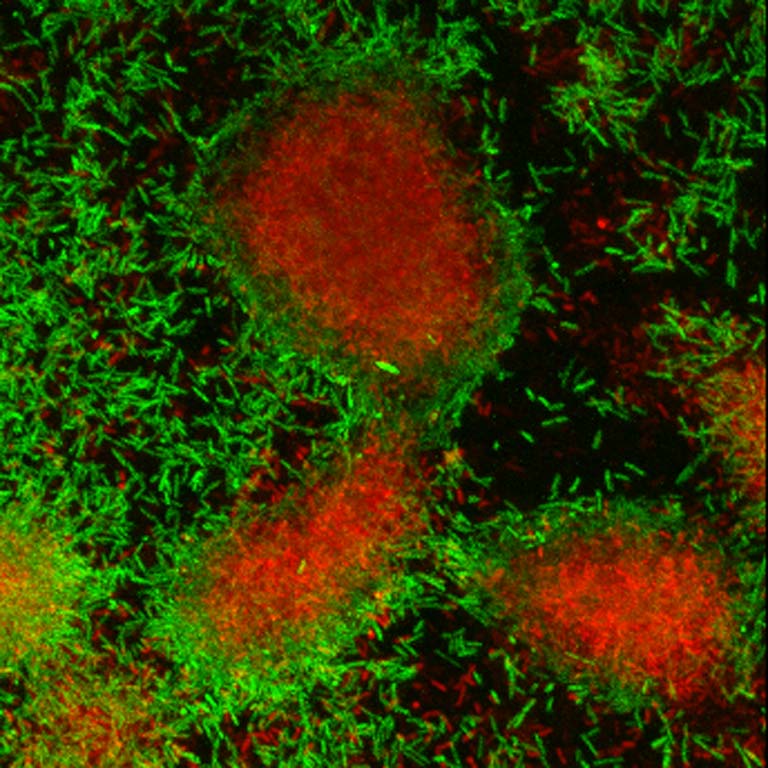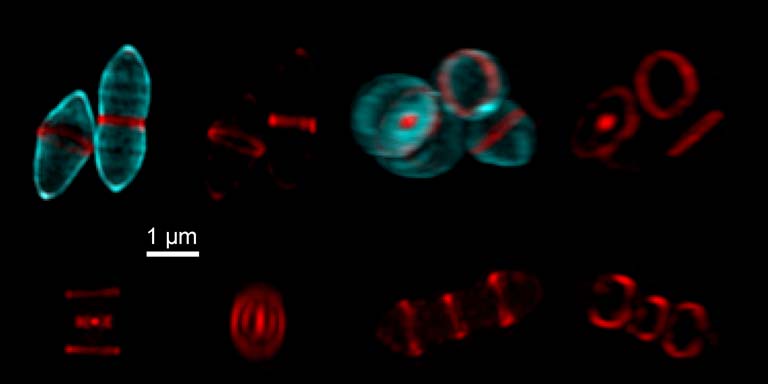Many bacteria exist in challenging and diverse environments in nature. For example, although Escherichia coli can be easily cultivated in pure culture, its normal home is the mammalian gut where it competes with the complex resident microbiome for nutrients and space and avoids host immune defenses. IU microbiologists are exploring the fascinating mechanisms microbes employ to survive in such complex environments.
We study how bacterial pathogens attach to and invade their hosts, while simultaneously counteracting defense responses. We have also made major advances in understanding how bacteria associate with each other and diverse surfaces to form biofilms. We are exploring how bacteria communicate and how their activities are integrated in complex microbiomes. Synergy among our research groups on these and related projects provides an excellent training environment for students who are interested in understanding the mechanisms by which bacteria have the most ubiquitous, abundant, and diverse life forms on earth.




 The College of Arts
The College of Arts